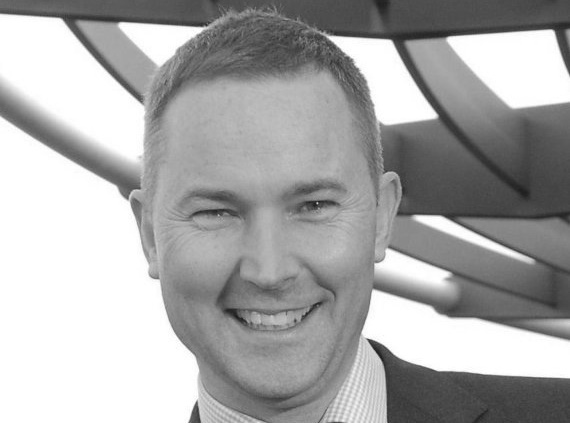David Gardner is a 30-plus-year game industry professional who spent 25 of those years at Electronic Arts where he built the publisher's European business.
Today, he's co-founder and general partner of London Venture Partners, a venture capital seed fund that specializes exclusively in the game industry and were early investors in Supercell, Unity, and other big names.
Listen now on iTunes, Google Play Music, and Spotify
On GDC Podcast episode 11, Gardner joins Gamasutra's Kris Graft and Alissa McAloon to tell us what he and his team look for when investing capital. Here are just a few highlights.
David on the importance of your team
"The first thing we're looking for is the team. Is the team amazing? Because we're only going to do eight investments in a year and we're going to see 700 [projects]. And that was before the world became even more nervous about investing. So roughly 1 percent of what we see, we invest in...
"The start is always going to be the team, because you never know if the game is going to make it or not but you know the team is going to learn from whatever they do. And that learning is the critical process of improving the product...we definitely are looking for teams that want to build a company. And that generally is more than one project."
David on whether venture capital is right for you
"First of all, is the kind of capital that comes from the investing industry the kind of capital they want? Of course there is the joke about 'vulture capital' and the scary side of taking outsiders' money. And I think that, largely, that is myth.
"But there is one thing that I always try to make sure that people are accepting of is that our business model in the investment industry is to make an investment, and then at some point to sell that investment. So we're going to be with you for part of the journey, but your journey is going to be far longer, hopefully...but you have to understand that investors need an exit...so if you're really trying to build something that you own and control completely and you don't have to think about the responsibility you have to other investors, then maybe don't take venture money."
David on the basics of a good VC pitch
"...Definitely be honest and try to project who you are as a leadership team and what you want to build. Try to get to know that character of the investor to make sure it's a good match...the plan you present [should] have some thoughtfulness to it and not just, 'Hey, I need $80 million to build the next most amazing thing you've ever seen.'
"...Sadly, statistically, it's not likely to even work. And I always ask people, 'When this doesn't work, because by the way, statistically-speaking, it's not going to, what are you going to do next?' And that helps me discover their longer-term thinking, what they're really made of, and can they suffer through the unfortunate stress and pain of creating a startup."
GDC Podcast music by Mike Meehan



